Recently I wrote an essay called “The Great Opportunity, or, Turning Lemons into Lemonade During a Pandemic.” In it, I encouraged those who were isolating themselves while avoiding exposure to the coronavirus to develop their creativity by writing, painting, sculpting, or whatever artistic endeavor they felt inspired to undertake. This essay is an extension of that one. It is addressed to people who, after dabbling in it, realize that they want to take their artwork seriously and pursue it further. I have added “revisited” to the title because I already wrote an essay once called “The Dark Night of a Writer’s Soul.” You can find it in my book Writing as a Metaphysical Experience, which, by the way, is a good read for those who have set out on a writer’s journey.
The stimulus to write this current essay was something I read in a book called New Seeds of Contemplation by Thomas Merton. Merton was a Trappist monk who spent much of his life self-isolated in a cabin near a monastery in Kentucky and wrote books. In his later works, he explored comparative religion and interdisciplinary methods of spirituality such as meditation. In parts, this book suffers from an unnecessary infusion of Catholic doctrine, but if you can get past that, it has a lot to say about the stilling and focusing of the mind.
Merton writes that if you get far enough into the contemplative experience, you come to a dark, lonely, terrifying place in which you feel cut off from everyone and everything around you. In this void, you even seem to be abandoned by God. You don’t feel his presence, and you wonder what’s wrong. This is the point, he says, where many would-be contemplatives give up and run back to the comfort of ritualism and formalities. It is a lost and lonely place.
The first person who described this condition seems to have been St. John of the Cross, when writing a poem about a challenging stage of a spiritual journey. However, the history of the phrase does not concern us here. What we are concerned with is how it applies to the artistic experience. As I was reading Merton’s account of how dreadful and frightening it is to reach the stage of contemplation in which you are surrounded by darkness, I couldn’t help but make the comparison with my writing.
I first realized that I was a writer long, long ago. I say “realized that I was” instead of “decided that I wanted to be” deliberately. There was no conscious decision on my part; it was rather an abrupt awareness of something that had already been there for some time. In a sense I had no choice in the matter, but that’s not really true. I could have sublimated the urge. I could have suppressed my creative instincts and gone after money, for instance, or power, or education. Instead, I gave into the urge to write and gave up everything else. My journey as a writer took me across continents and into many amazing and harrowing adventures.
This is the thing about writing as a metaphysical experience, though: it has nothing whatsoever to do with publication or fame or wealth. The business of publishing one’s work so that it finds readers and the act of writing itself are two completely different and unrelated activities. At least they are if you have any artistic integrity. There are many people who write primarily from financial motivation. I am not speaking about such people and such activities here. I am talking about art for art’s sake. Not many people can manage it. There are anomalies such as Emily Dickenson who wrote purely from her muse and despised publication. For most of us, however, the writing and the publication are inexorably entangled.
This is where the dark night of a writer’s soul comes in. The writing itself, once you abandon everything else and decide to bare your soul in all its guts and glory, is easy. I have found that once I get “in the zone,” so to speak, when I commit to writing truth (whether in fiction or nonfiction), the words come readily. The difficulty lies with publication, with getting your words out into the world so that others can see and read them. After all, if your ultimate goal is not to have readers read your words, you might as well save yourself the trouble and compose interior monologues.
Trying to get your words published takes you out of the cocoon in which you compose. It makes you vulnerable to rejection. Even if you dodge traditional publishers and self-publish it doesn’t mean that anyone will read your works. For me, then, the dark night of a writer’s soul is not in the act of writing but afterwards, when you have completed a work and hold it up as a bright new birth and you are met with… Indifference.
It happens to everyone who sets out on a writer’s journey. It’s one thing to put pen to paper, or fingers to keyboard, and compose a written work. That takes persistence, resolve, and vision, sure. But then you complete your work, you polish it up, you send it out there, and you hope for the best. When it comes back battered with rejection after rejection, it can be devastating. Hopefully you will have started the next work by then so you just keep going, but nevertheless rejections hurt. And let me clue you in on something: they never end. There is no point at which you get so well-known that you never get rejected anymore. (There may be a few exceptions to this, but they are few. Very few.) At different times I have spoken to very famous, award-winning writers at gatherings and expressed my frustration because, despite some success, I am still getting far too many rejections. They invariably tell me that they still get rejections too. I am incredulous at first, considering the acclaim they have received and the awards they have won, but it’s true. It never ends. Rejection is a part of a writer’s – or any artist’s – life.
The thing to keep in mind is that when you are writing, when you are in the act of composition – that is when the experience of being a writer is at its purest. That is when you need to be lonely and committed and persistent. The blank page will not reject you. The blank page will hear your words. So write them. Write them in purity and honesty, whether you are writing fiction or nonfiction. To hell with the aftermath. Live in the moment.


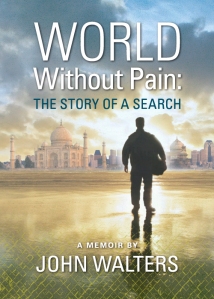
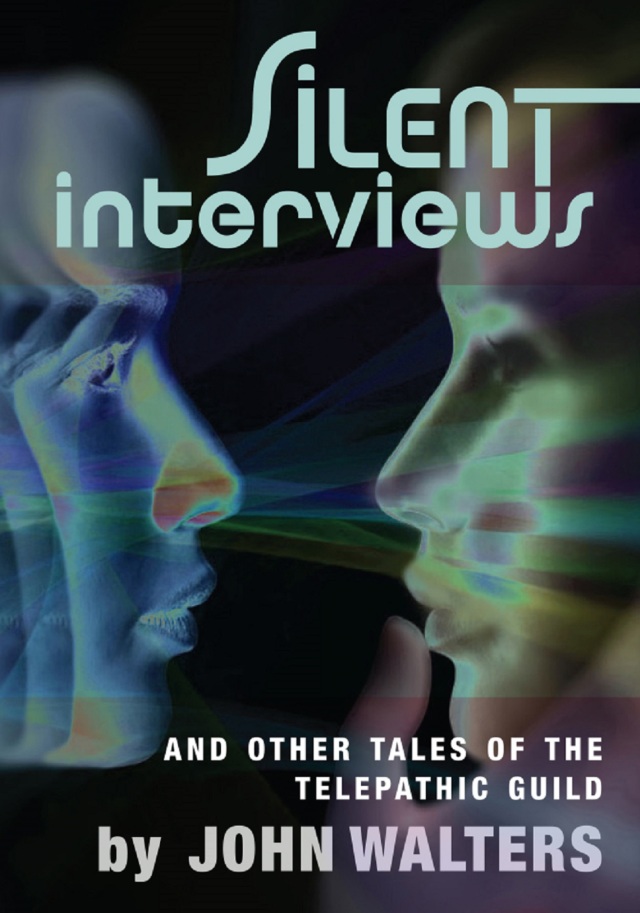



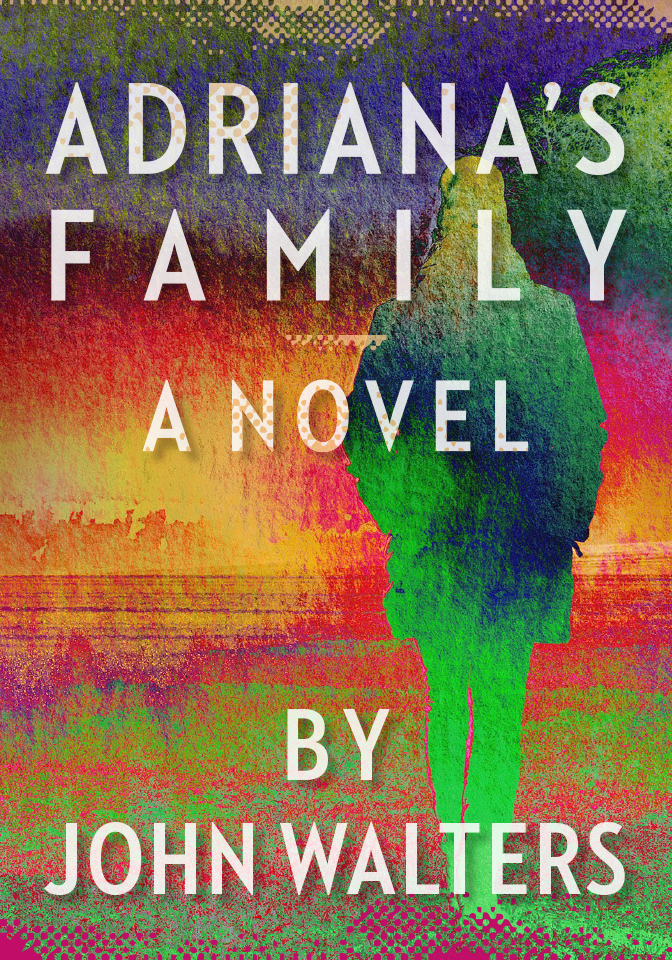
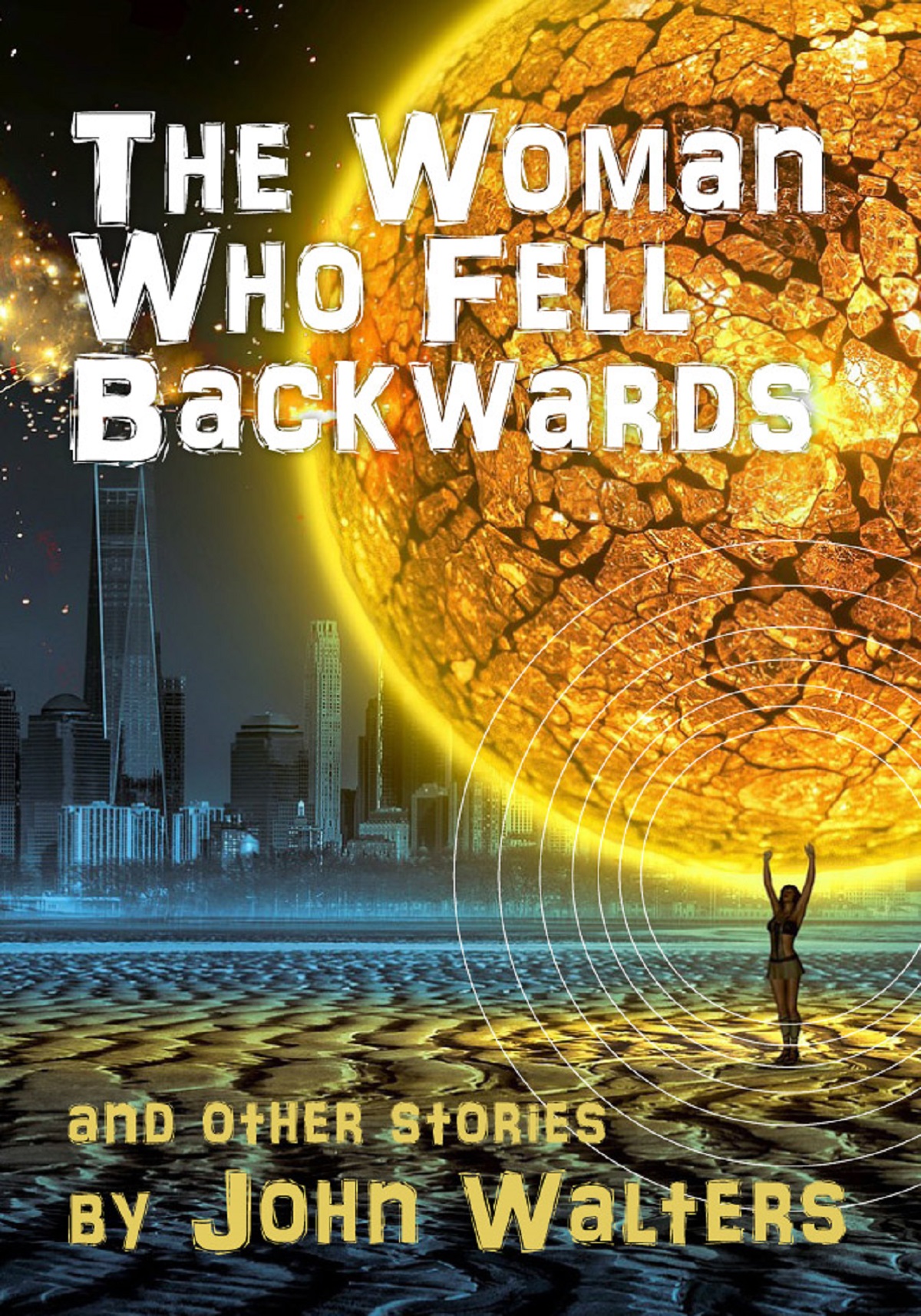
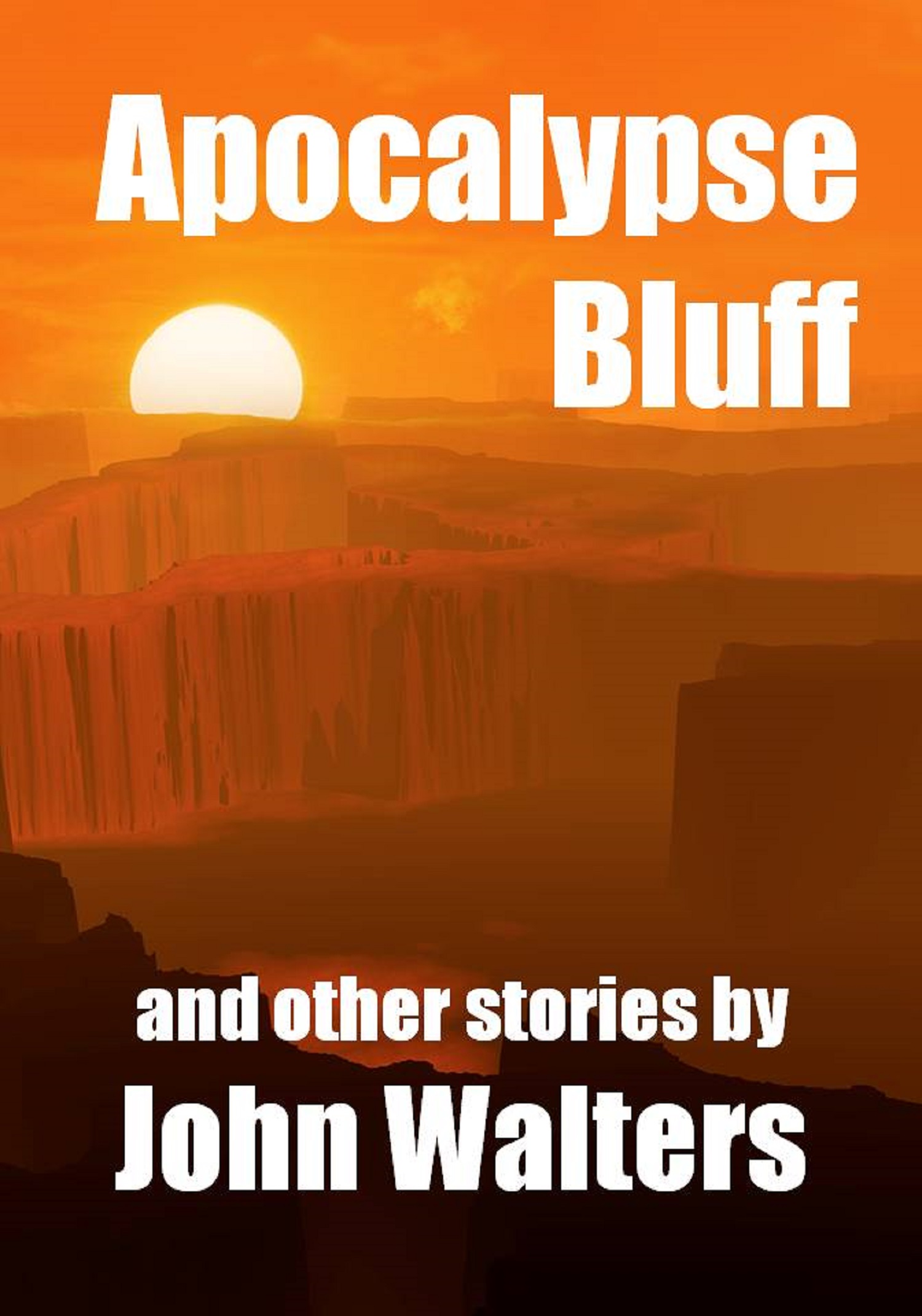
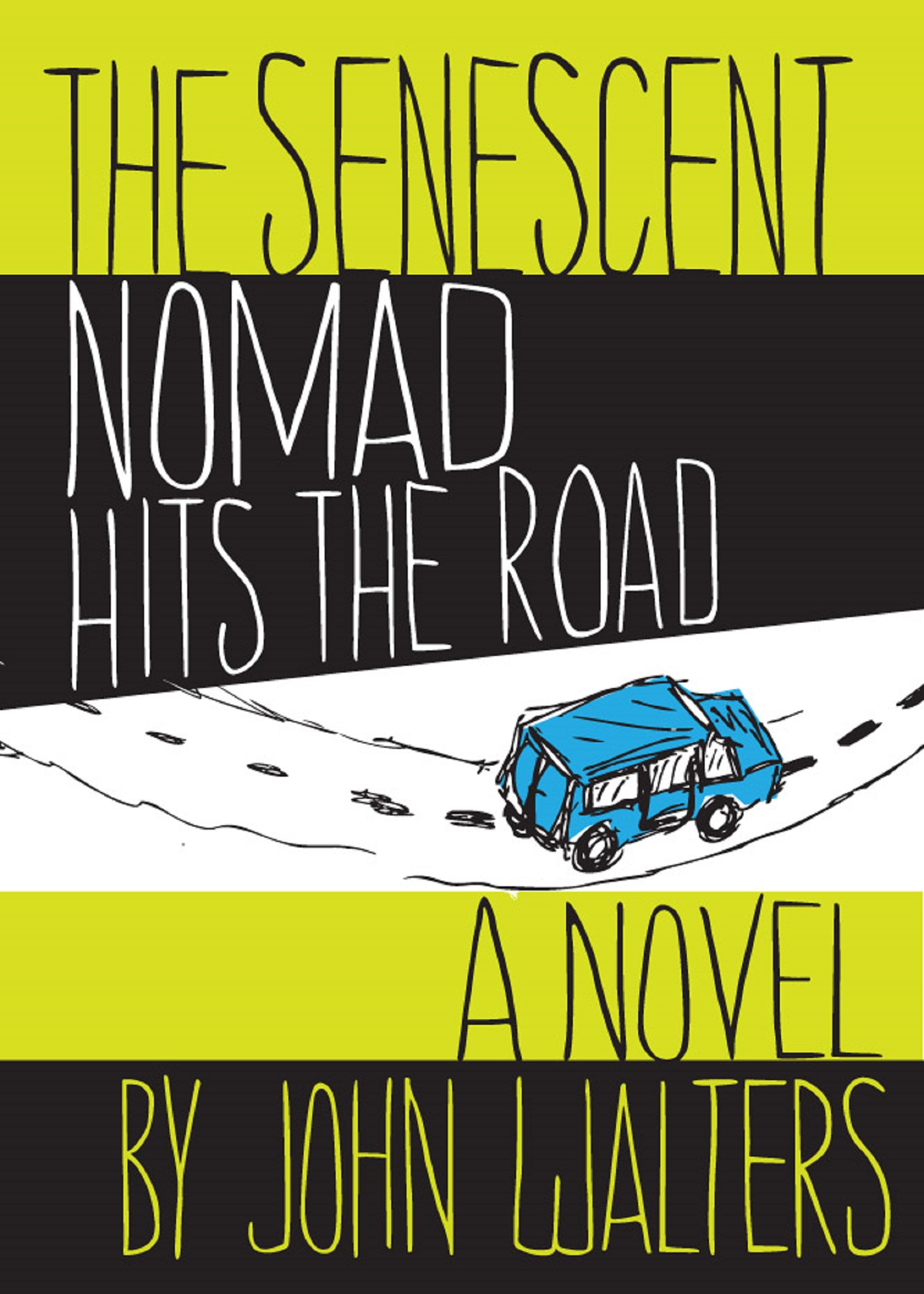

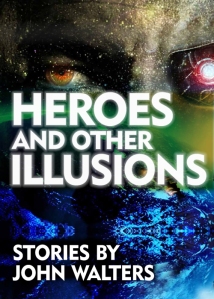




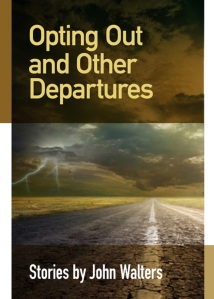
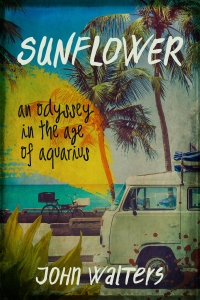


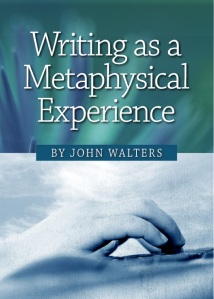
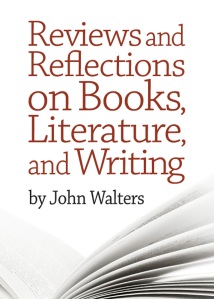

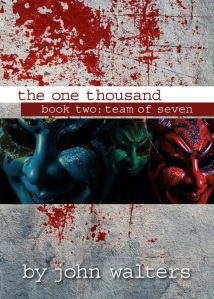
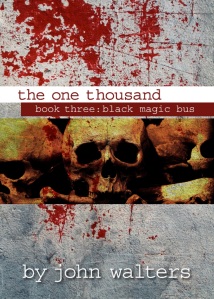
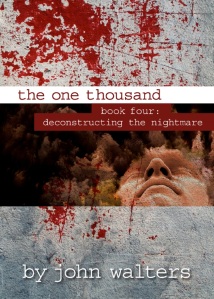
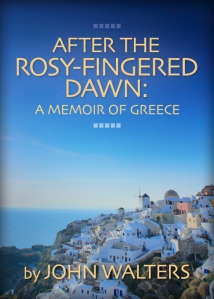
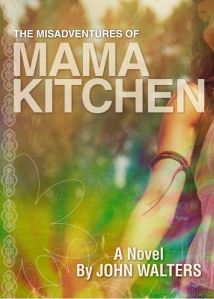

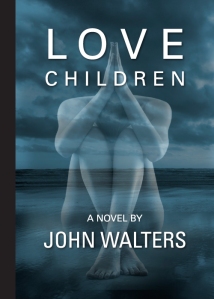
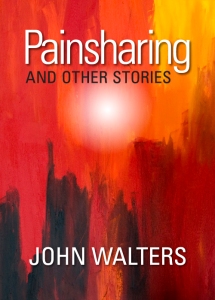
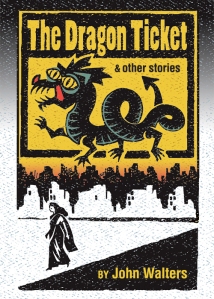
Sometimes — rarely, I suppose — you find appreciation that feels more complicated than you imagined. It can be tempting, then, to reject the appreciation, or assume that it’s tainted somehow, instead of exploring it and growing through it.